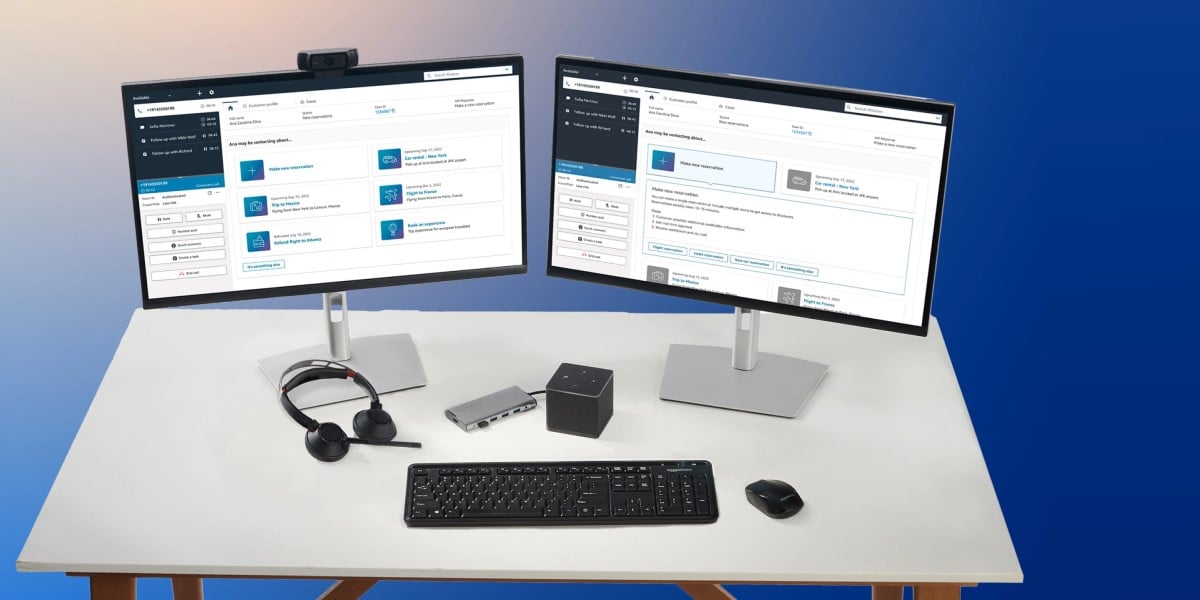Oh great, thin clients ar back!
They never left bud
I’m curious why it runs android instead of Linux.
Android is Linux. Also, they already have an android distro that is fine-tuned for the hardware, so why not reuse it?
Android is Linux-based but it has a modified kernel. It might be subtle but the entire design philosophy of Android is mobile first, which is very different of Ubuntu or Arch.
But there the similarities end. AWS created custom firmware and ripped out anything remotely related to running a consumer device, replacing it with software designed solely to create a secure connection between the device and desktops running in the Amazonian cloud.
If they are going to rewrite the firmware, remove most of the features, why even bother with an OS designed for touch screens and partially written in Java? Can’t they fork one of the 22 ARM Linux distributions?
Again, it’s probably down to the hardware. They already had firmware that fully supported it, and they knew what they wanted to add and remove as far as features for this other use-case. It probably would have been more work to grab an off-the-shelf Linux distro and tune it to the same specifications.
If I had to guess, it was already running Android so why not?
Postmarket os to your service or project renegade
This is the best summary I could come up with:
The $195 machine has the same hardware as the Fire Cube: the eight-core Arm-powered Amlogic POP1-G SoC, plus 2GB of LPDDR4 RAM, 10/100 ethernet, and a single USB-A 2.0 port.
Amazon Business – the B2B version of Jeff Bezos’s digital souk – will ship the device to your door, and charge it to your AWS bill.
As AWS execs searched for a well-priced box, they considered the Fire TV Cube, found it fit the bill and noted it was already being made at scale.
Muneer Mirza, AWS’s general manager for end-user compute, told The Register that up to 70 percent of laptops sent to remote workers in those fields are never returned.
Thin clients and virtual desktops have historically accounted for around six percent of the PC market, but some analysts predict strong growth.
If the WorkSpaces Thin Client delivers – The Register has been promised access to a device so hopes to opine on that matter – AWS could give this corner of enterprise computing a shake.
The original article contains 626 words, the summary contains 168 words. Saved 73%. I’m a bot and I’m open source!





